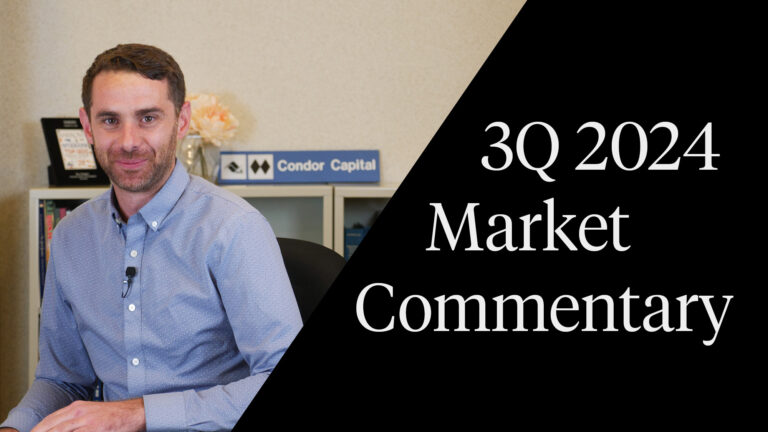During prolonged stock market rallies, portfolios can become unbalanced, requiring rebalancing to maintain desired risk allocations. Each asset within a portfolio has growth potential, but unchecked growth can introduce new risks to the portfolio.
A key consideration in rebalancing during a strong equity market is the impact of realized capital gains and their associated taxes. Capital gains are essential for a successful portfolio, but many clients seek to minimize these gains. While this can sometimes be prudent, it often introduces unnecessary risk by allowing positions to grow beyond target ranges.
The cost of avoiding capital gains must be weighed against the risk of an unbalanced portfolio. In most cases, allowing a portfolio manager to conduct regular maintenance is the best approach.
The current market environment has been narrow, with a few strong-performing stocks significantly impacting portfolio outperformance. Effective maintenance also involves harvesting losses from underperforming positions. A well-balanced portfolio requires a tax management strategy, and avoiding taxes without proper maintenance in a rising market can lead to unintended risks.
In summary, diligent portfolio rebalancing and tax management are crucial for maintaining a balanced, risk-appropriate investment strategy in a strong equity market.



